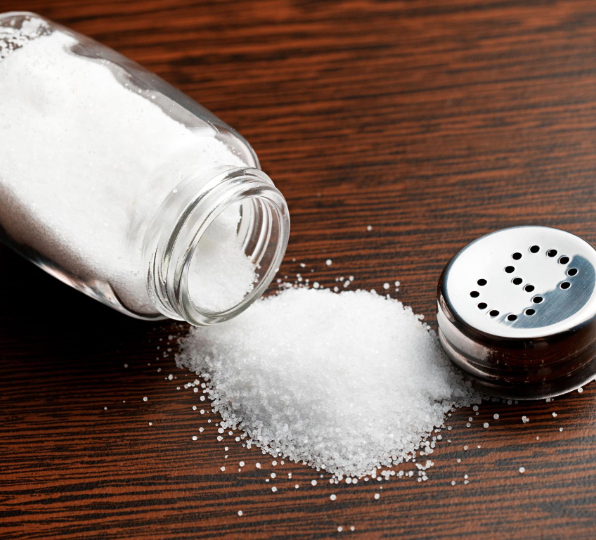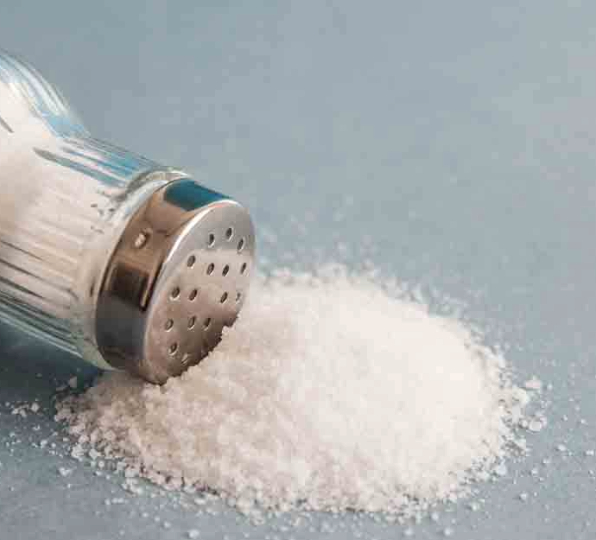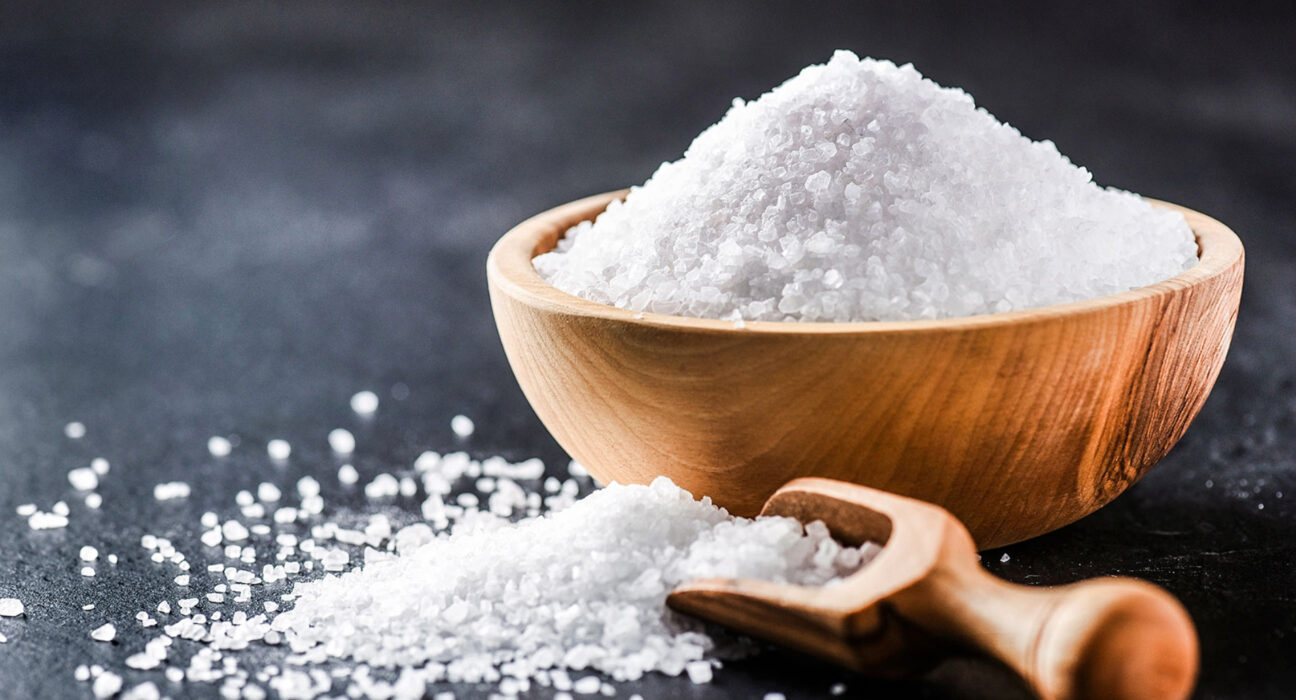Introduction:
Although our bodies require salt in moderation, excessive consumption of it can have serious negative effects on our health. Regretfully, a lot of us routinely eat far more salt than what our bodies require, which can cause a number of health problems like high blood pressure, heart disease, stroke, and kidney issues. In this blog, we’ll discuss the benefits of cutting back on salt and offer helpful advice on how to achieve a better nutritional balance.
1. The Dangers of Excessive Salt Intake
- Excessive salt consumption can lead to high blood pressure, a major risk factor for heart disease, stroke, and other cardiovascular problems.
- Consuming too much salt can also increase the risk of kidney damage, osteoporosis, stomach cancer, and other health issues.
2. Hidden Sources of Salt
- Many processed and packaged foods contain high levels of hidden salt, even those that don’t taste particularly salty.
- Common culprits include canned soups, sauces, condiments, processed meats, snack foods, and fast food.
3. How to Reduce Salt Intake
- Read Labels: Check food labels for sodium content and choose lower-sodium options whenever possible. Aim for foods with less than 140mg of sodium per serving.
- Cook from Scratch: Prepare meals at home using fresh, whole ingredients instead of relying on processed or pre-packaged foods, which often contain excessive salt.
- Use Herbs and Spices: Flavor your meals with herbs, spices, citrus zest, and other flavorings instead of salt. Experiment with different seasonings to enhance the taste of your dishes without relying on salt.
- Limit Processed Foods: Minimize your intake of processed foods, which are often high in salt, and opt for whole, unprocessed foods like fruits, vegetables, whole grains, lean proteins, and legumes.
- Be Mindful When Eating Out: When dining out, ask for sauces and dressings on the side, choose dishes with minimal added salt, and request that your meal be prepared without added salt.
4. Benefits of Reducing Salt Intake
- Lower Blood Pressure: By reducing salt intake, you can help lower blood pressure and reduce the risk of hypertension, heart disease, and stroke.
- Better Kidney Health: Cutting back on salt can help protect kidney function and reduce the risk of kidney damage and kidney stones.
- Improved Overall Health: A diet low in salt is associated with a lower risk of chronic diseases such as heart disease, stroke, and certain types of cancer, as well as improved overall health and longevity.


Conclusion:
Reducing excessive salt intake is essential for maintaining good health and reducing the risk of chronic diseases. By being mindful of hidden sources of salt, cooking from scratch, using herbs and spices for flavor, and limiting processed foods, you can achieve a healthier balance in your diet and reap the numerous benefits of a low-sodium lifestyle. Take control of your health today by making small changes to reduce salt intake and enjoy the long-term benefits of improved well-being.












